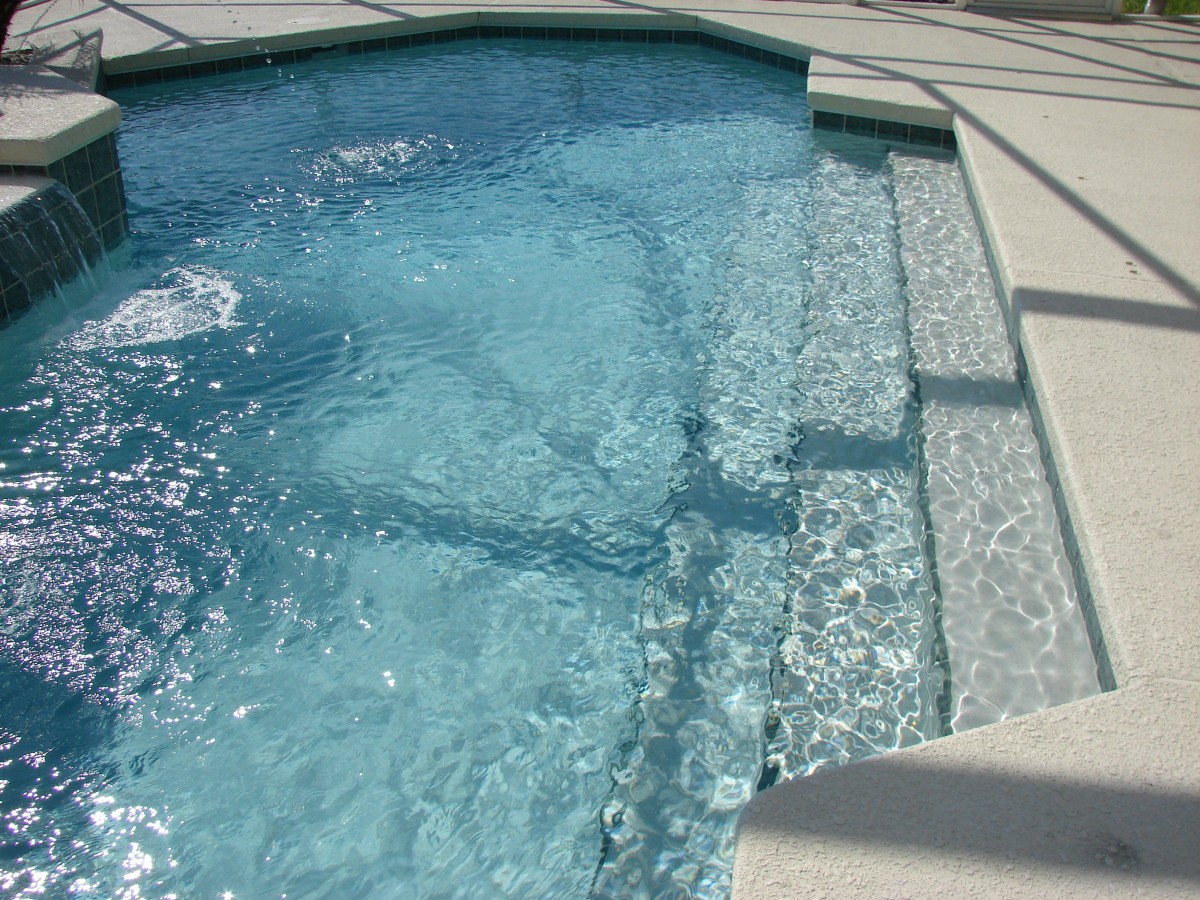Having a pool is a very nice way to relax and have fun with family and friends, but you also have to be careful when you install a new pool on your property. There are a few documents you need to have in place before you can start installing a new pool. These documents will help ensure that the pool installation is done safely and properly.
Obtaining a building permit
Obtaining a building permit to install a new pool on your property requires several steps. First, you’ll need to check with the local building department to determine what permits are required. You can also consult with a contractor or homeowners association to find out what they require.
Depending on the local jurisdiction, you may have to complete additional forms or make more than one trip to the municipal building office. It’s also possible to obtain permits online.
When completing the application, make sure you include a contractor’s name. This will make the process easier. If you’re a self-builder, you may be required to submit your own plans. You will also need to list your pool manufacturer’s data sheets.
Most municipalities will send an inspector to your site. They’ll check for proper setbacks and safety measures. They’ll also check your electrical and gas lines. You may need to pay a field consultation fee for this.

Keeping the pool water hygienic
Keeping the pool water hygienic is essential to keeping the pool looking nice. This is because the water can be contaminated with windblown dirt and incoming water from unsanitary sources. These can also lead to skin and eye irritation.
Keeping the pool water hygienic also includes maintaining the pool’s chemical balance. This can help prevent algae growth, which can affect the pool’s appearance and reduce its safety.
You can test the pH level of the pool water using a test kit. The pH value of the water should range between 7.2 and 7.8. If you see a high pH value, you may need to add a pH decrease or a pH increase.
Maintaining a sanitized swimming pool is not only a health precaution but also a money saver. Chlorine is the most commonly used sanitizer. The proper chlorine level should be between 2.0 and 4.0 ppm.
It is also important to keep the pump lubricated and clean. Clogged impellers can block the flow of water. A clean impeller helps the pump perform at its best.
Discharging the pool water
During the installation of a new pool, you may have to discharge the pool water. This can be done by pumping it into a water truck. If you do not have a sanitary sewer clean-out, you may have to pump it into a storm sewer. The discharge should be regulated to prevent flooding and nuisance conditions.
Before you drain your pool, you may want to check the pH levels. You should also check the salt levels. If the water is salty, you should not discharge it into a storm drain. The salt can damage the soil and cause problems with your property.
You should also avoid directing pool water over areas that are prone to erosion. This can cause damage to your foundation wall. Instead, drain the pool water over a grassy area that can filter the water before it flows into the storm sewer.
You should also avoid directing pool discharge over areas where you have a neighbor’s property. This can cause flooding or damage to your neighbor’s property.
Choosing a contractor to install a new pool
Choosing a contractor to install a new pool on your property is a big decision. It is important to do your homework. It is also important to ask questions, get references, and make sure you get the best quality pool for your money.
You need to make sure that the pool contractor you choose is licensed. If the contractor has no license, the work you get may be unsafe or you could have trouble with your insurance company.
You should also ask the contractor about their insurance coverage. Make sure they have appropriate liability insurance and worker’s compensation insurance. If the contractor does not carry these types of insurance, you will be responsible for any injuries or accidents that occur in the construction process.
A good contractor will ask questions to help you understand what your goals are. They will also help you figure out your budget. They should also have a portfolio of work they have done. This is important because not all contractors are experienced with the type of pool you are looking to install.
